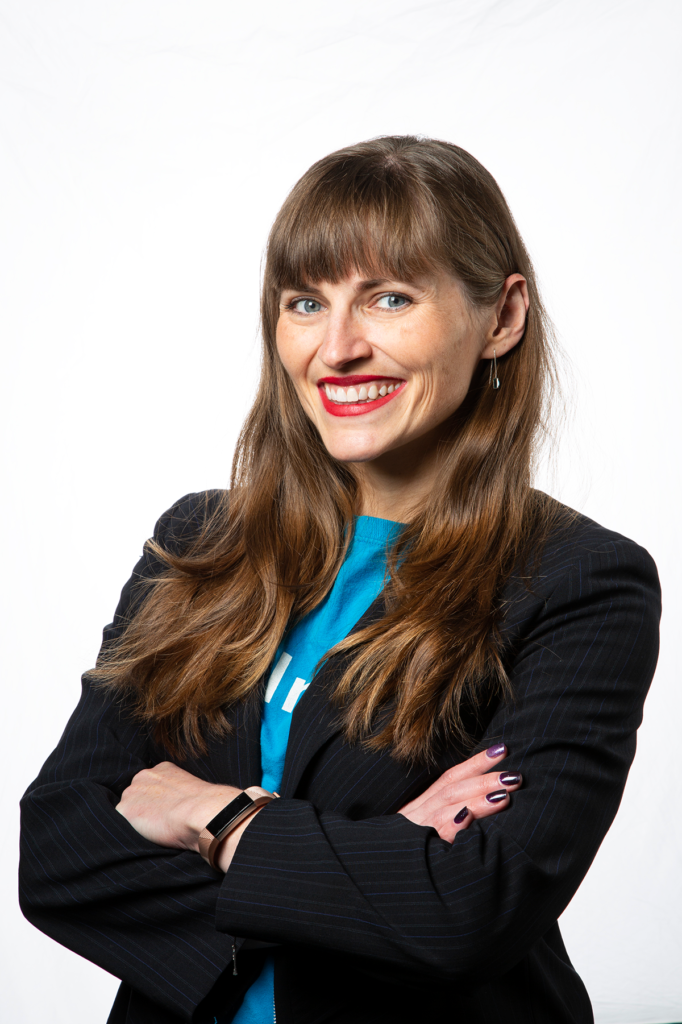
Cassie specializes in B2B SaaS user experience, with a focus on climate tech, health tech, and digital marketing interaction design. She’s also experienced in product management and CX.
Today, Cassie is at Sunrun, leading efforts to improve the user experience for Americans who have made the switch to solar power. As someone deeply concerned about the environment, this role resonated deeply as an opportunity to make clean energy as friendly as possible.
From 2019 to 2023 she contributed to Seattle unicorn Amperity, a rapidly growing machine-learning customer data platform. Cassie served as the Director of the Product Design team, helping Amperity customers more easily understand and use data to better serve their customers. Amperity was recognized by LinkedIn as one of the top startup companies across the US and the #1 startup in Seattle.
Previous to Amperity, Cassie cofounded Invio, an enterprise SaaS company making clinical trials safer, faster, and more efficient via the automation of critical clinical operation workflows, where she served as Chief Product Officer.
In the past, she had been a senior contributor and manager for several successful Seattle software startups (iLike, acquired by MySpace in 2009, and Appature, acquired by IMS Health/IQVIA in 2013).
Cassie is a strong advocate for utilizing data, empathy, consistency, and collaboration to build software that meets user needs in an intuitive way.
Personal Highlights
Before Covid, I ran a monthly event in Seattle called Seattle Startup Drinks for ten years. I love speaking at events about UX and startup life. Volunteering with food banks and Big Brothers Big Sisters of Puget Sound are some of my favorite ways to give back.
Integrity, helping others, and working on interesting design problems are important to me. While pretty terrible at keeping plants alive, I am amazing at parallel parking, interaction design, and I know how to make a mean french toast. I have been known to reference Star Wars more frequently than the average person.
Social Media
LinkedIn: Cassie
Twitter: @Cassie
Need portfolio access?
If you have the password, you can access my portfolio now.
If you do not, please don’t hesitate to reach out by email for the password.